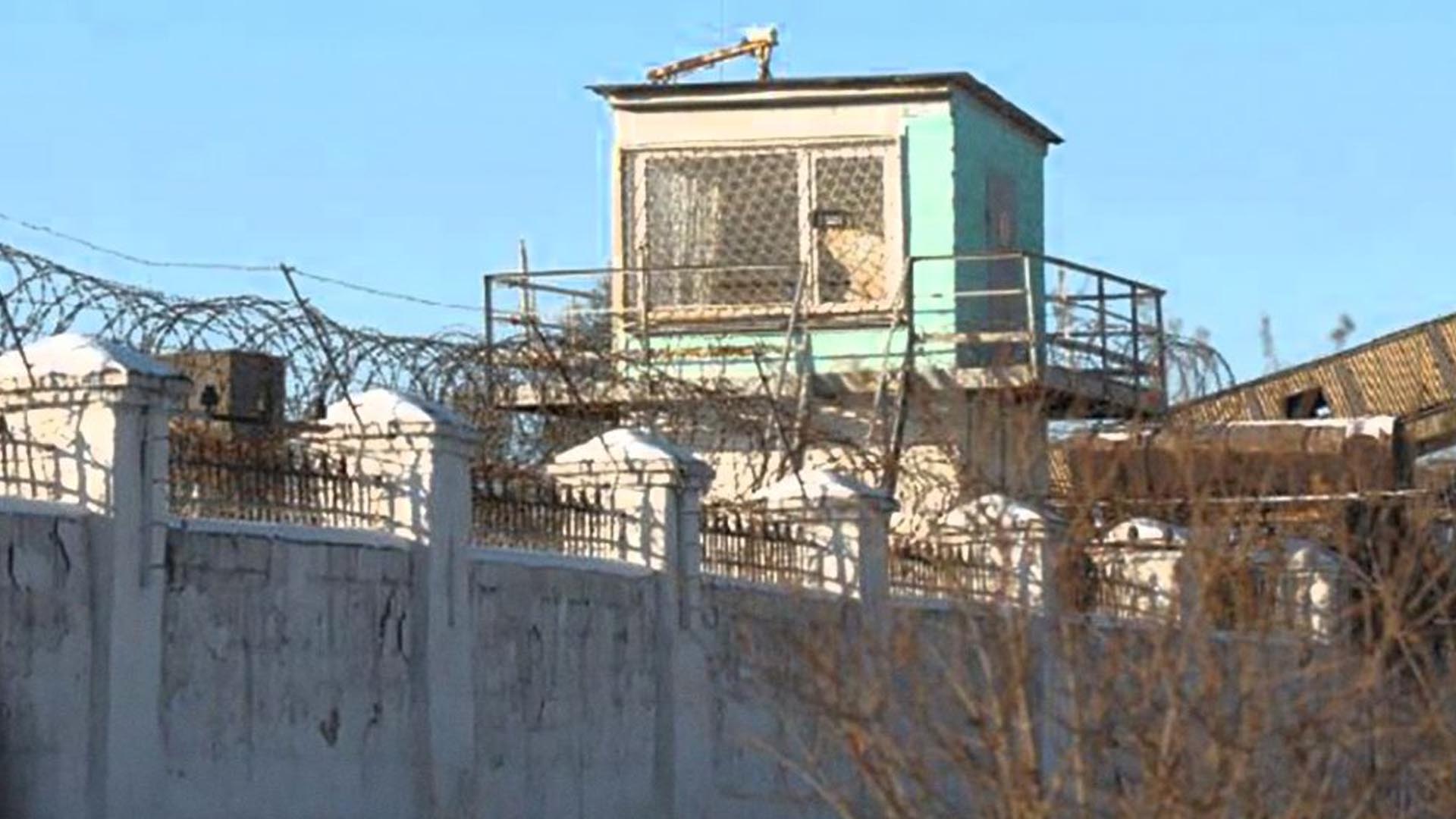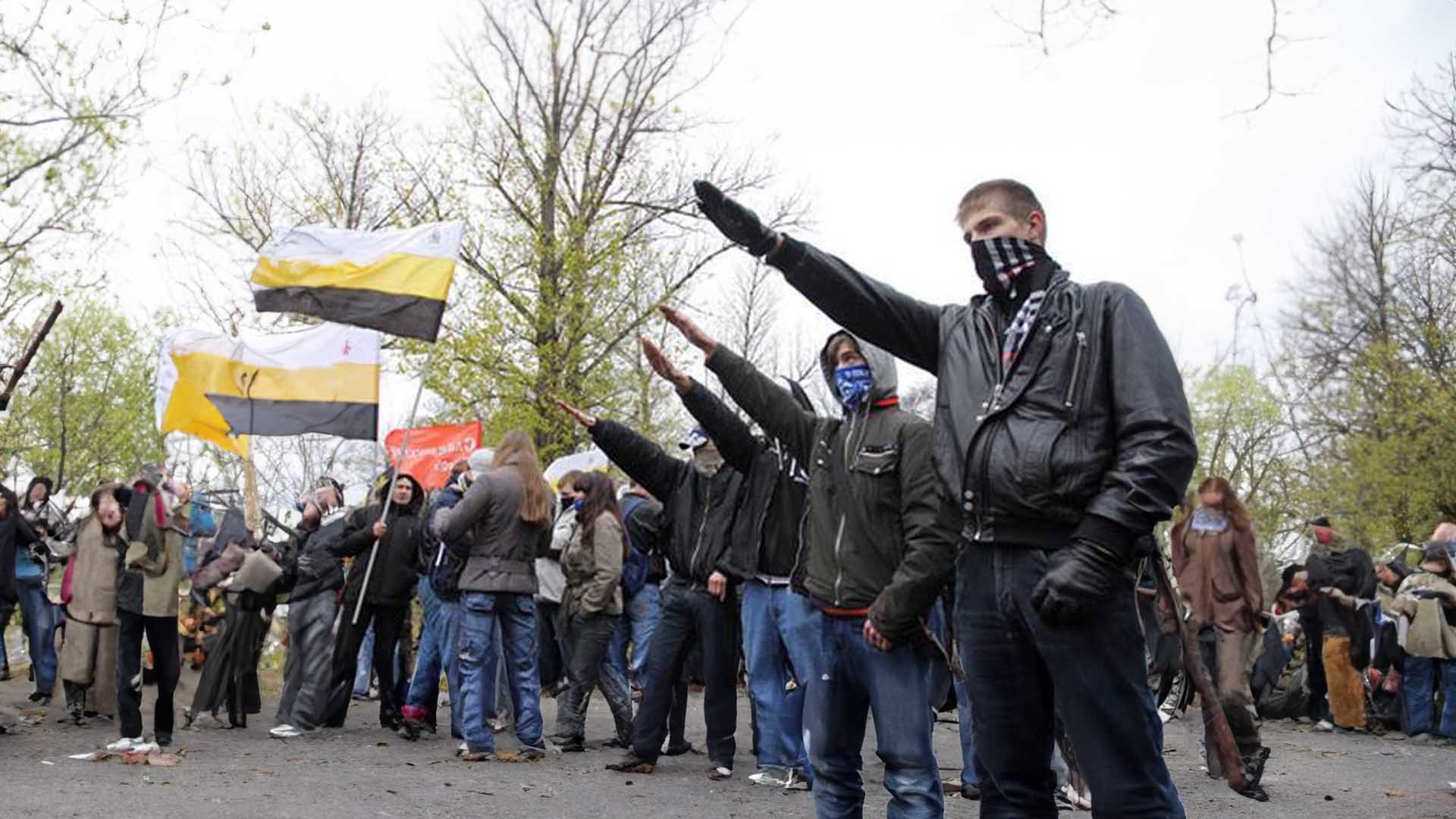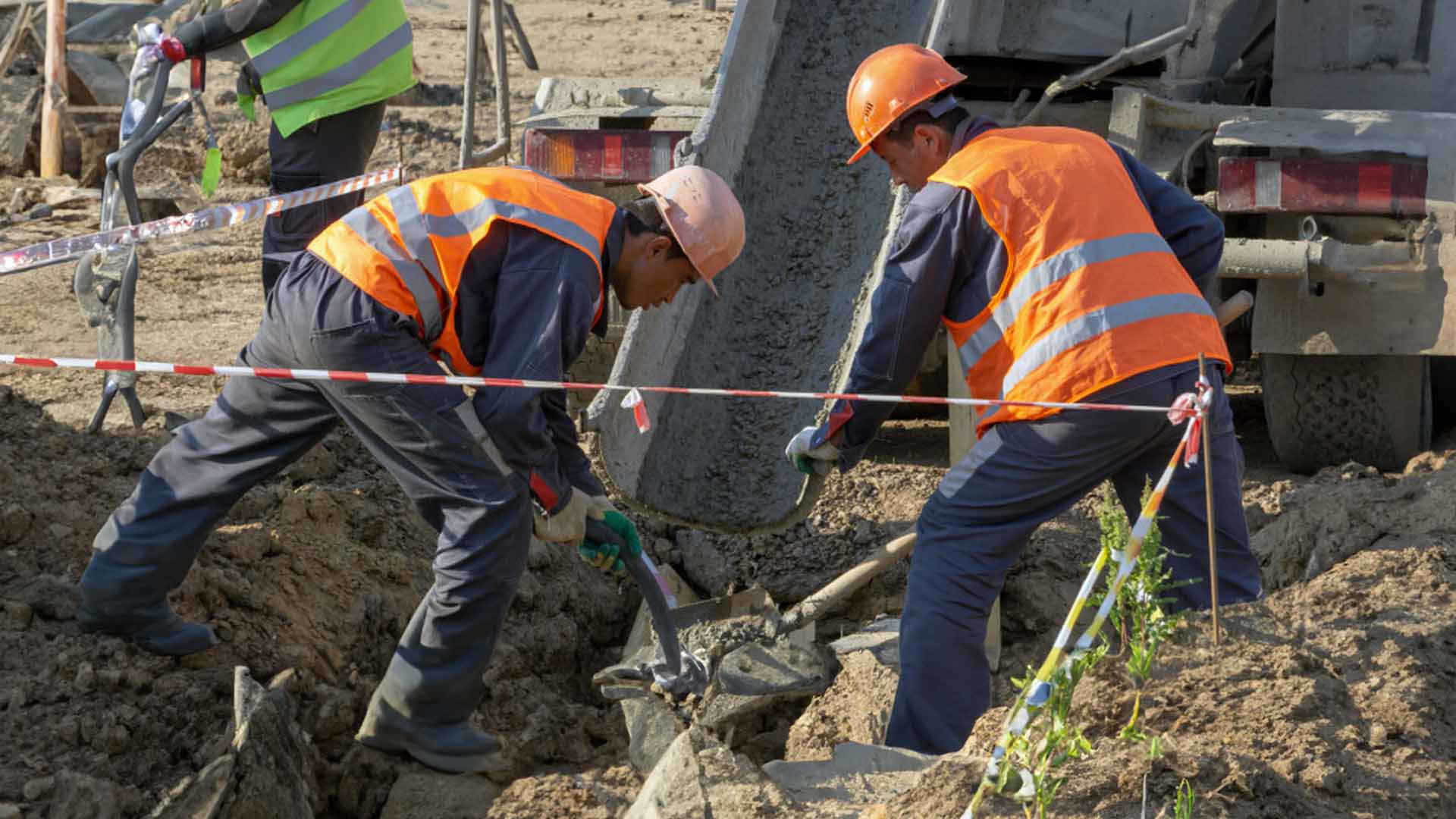In Turkmenistan, forced disappearances of people have become a systematic practice over the past 20 years. According to the Prove They Are Alive! Campaign, hundreds of people sentenced to long prison terms have disappeared in the country since 2002. Moreover, even those who found themselves behind bars for political and religious reasons and whose sentences had long expired disappeared. But despite international pressure, the government is ignoring requests about the fate of the disappeared.
The updated list of victims also included 41 cases that occurred in 2016-2018, but were verified and confirmed later. The previous list included 121 cases and was published in 2019.
Human rights activists note that the criminal practice of enforced disappearances in Turkmenistan was first used by the government against a group of political opposition leaders accused of an alleged coup attempt against then-President Niyazov on November 25, 2002. Activists have documented over 60 cases of forced disappearances of Novemberists. Among the victims are former Deputy Prime Minister and Minister of Foreign Affairs Boris Shikhmuradov, former Ambassador to the OSCE and ex-Minister of Foreign Affairs Batyr Berdyev. These individuals had no access to legal or medical assistance, were prohibited from any contact or correspondence with the outside world, and were even blocked from communicating with families, who still do not know whether their loved ones are alive.
Thirty-three people missing since November 25, 2002 have served their sentences, but their fate remains unknown.
In November 2022, the “Prove They Are Alive!” Campaign has already called on OSCE participating States to develop concrete plans to push the Government of Turkmenistan to completely eradicate enforced disappearances in Turkmenistan. Such action would also restore the faith of many in justice for the families and victims of gross human rights violations.
The UN noted that enforced disappearances are more than just a violation of human rights.
“Forced disappearances are often resorted to as a strategy to instill an atmosphere of terror in society. The feeling of insecurity generated by such practices not only affects close relatives of the disappeared person, but also leaves an imprint on the communities to which they belong and society as a whole,” the organization said in a statement.
Turkmenistan, which is one of the most closed states in the world, does not publish official data on the number of prisoners held in prison, on trial and released. At the same time, the country maintains the “leadership” in the number of prisoners in prisons.
According to the World Prison Brief, the prison population in Turkmenistan is more than 35 thousand people. That is, for every 100 thousand inhabitants of Turkmenistan there are 576 prisoners. Thus, Turkmenistan is in third place after the United States and Rwanda.
And if we take into account the fact that in fact 3,750,000 citizens live in Turkmenistan (according to data received from various ministries, this data is used to purchase subsidized products – 2,300,000 people live in TM plus 1,500,000 migrant workers who are abroad outside TM). As a result, for every 100,000 people there are 933 people in Turkmen prison. This figure is the highest in the world. These calculations do not take into account citizens who are in labor treatment centers (LTP), where citizens of Turkmenistan are being treated for alcohol and drug addiction. There are 3 health and labor institutions in Turkmenistan: LB-P/21 LTP Karadamak, BL-P/22 LTP Karabogaz-Bekdash, AH-P/4 LTP Tejen. Instead of the 600 required, there are more than 1,500 people in these medical treatment centers.
According to the stories of citizens who have been to the LTP, the conditions of detention and treatment in the LTP are worse than in prison. Citizens of Turkmenistan prefer to serve their sentences in prison rather than undergo treatment in medical and labor dispensaries.
We previously wrote about the horrors and violations regarding the rights of prisoners in Turkmenistan’s closed prison system. About the widespread use of torture there. And, according to the testimony of former prisoners, prisons in Turkmenistan are indeed distinguished by inhumane conditions of detention, and the staff are particularly cruel.









